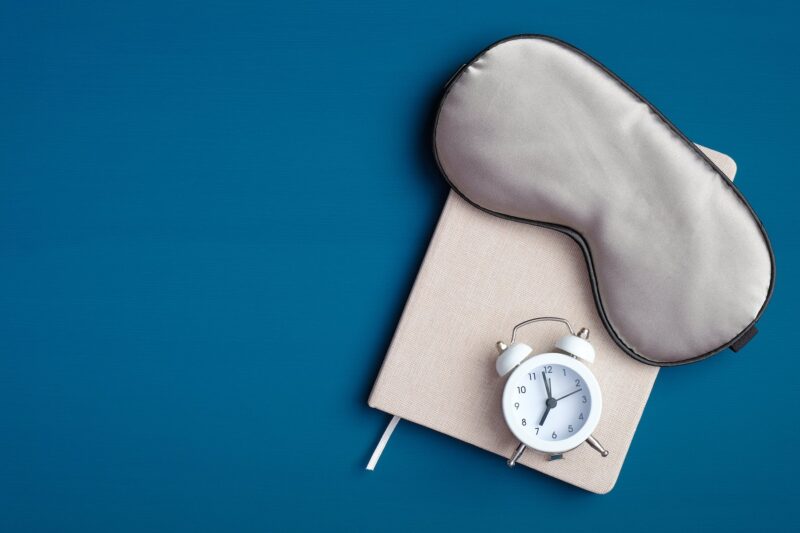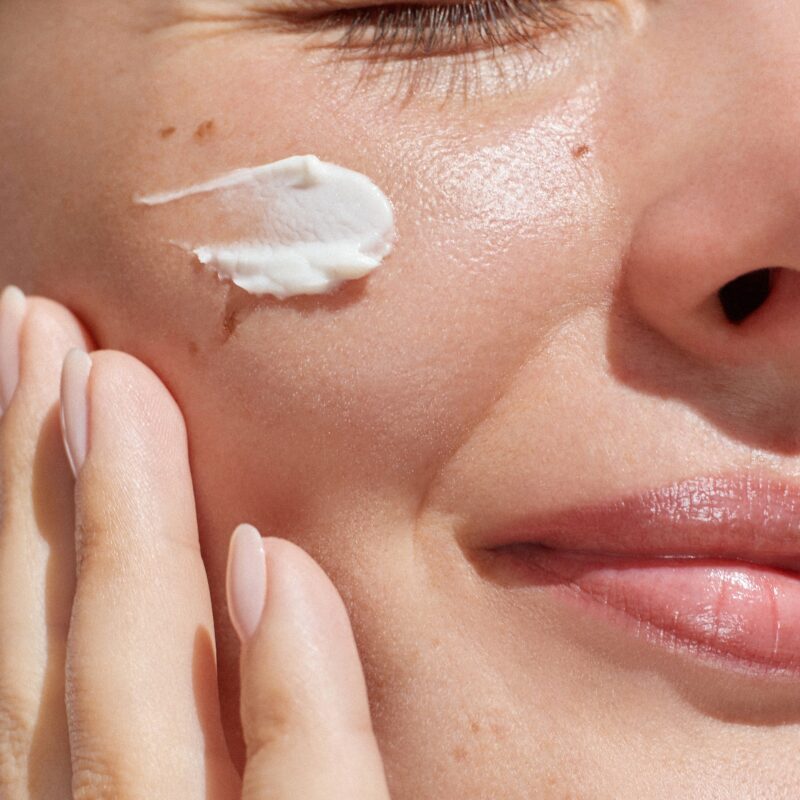Sleep is a cornerstone of overall well-being, and it plays a pivotal role in supporting physical, mental, and emotional health. Quality sleep is not just about the number of hours spent in bed but also the depth and restorative nature of that sleep. To optimize your sleep and contribute to your overall wellness, consider the following tips for practicing good sleep hygiene.
Understanding Sleep Hygiene
Sleep hygiene refers to a set of practices and habits that promote healthy, restful sleep. By incorporating these habits into your daily routine, you can improve the quality of your sleep and enhance your overall well-being.
Creating a Sleep-Conducive Environment
- Comfortable Sleep Environment: Ensure that your mattress and pillows are comfortable and supportive. The ideal room temperature for sleep is usually between 60 to 67 degrees Fahrenheit (15 to 20 degrees Celsius).
- Darkness and Quiet: Make your bedroom as dark and quiet as possible. Consider blackout curtains, earplugs, or a white noise machine if necessary.
- Limit Screen Time: Avoid screens such as phones, tablets, or computers at least an hour before bedtime. The blue light emitted from screens can disrupt your sleep-wake cycle.

Establishing a Sleep Routine
- Consistent Sleep Schedule: Try to go to bed and wake up at the same time every day, even on weekends. This helps regulate your body’s internal clock.
- Bedtime Rituals: Engage in calming activities before bedtime, such as reading a book, taking a warm bath, or practicing relaxation techniques like deep breathing.
- Limit Naps: If you need to nap during the day, keep it short (20-30 minutes) and avoid napping too close to bedtime.
Diet and Lifestyle Factors
- Watch Your Diet: Avoid large, heavy meals, caffeine, and alcohol close to bedtime. These can disrupt your sleep or make it harder to fall asleep.
- Regular Exercise: Engaging in regular physical activity can improve sleep quality. However, avoid vigorous exercise close to bedtime, as it can be stimulating.
- Manage Stress: Practice stress-reduction techniques such as meditation, mindfulness, or progressive muscle relaxation to calm your mind before sleep.
“Avoid the Snooze Button! Resist the temptation to hit the snooze button in the morning, as it can disrupt your sleep cycle.”
Mindful Sleep Habits
- Limit Clock Watching: Constantly checking the clock during the night can increase anxiety and make it harder to fall back asleep. Consider turning the clock away from your view.
- Avoid the Snooze Button: Resist the temptation to hit the snooze button in the morning, as it can disrupt your sleep cycle.
- Get Up If You Can’t Sleep: If you’re unable to fall asleep or wake up in the middle of the night and can’t get back to sleep within 20 minutes, get out of bed. Engage in a relaxing activity until you feel drowsy.
Seeking Professional Help
If you consistently struggle with sleep despite adopting good sleep hygiene practices, consider consulting a healthcare professional or sleep specialist. Sleep disorders such as insomnia, sleep apnea, or restless legs syndrome may require specialized treatment.
The Role of Sleep in Wellness
Quality sleep is a fundamental component of wellness. It plays a crucial role in:
- Physical Health: Sleep supports immune function, metabolism, and overall physical health. It aids in tissue repair and growth.
- Mental Health: A lack of sleep can contribute to mood disorders such as depression and anxiety. Quality sleep is essential for cognitive function, memory, and emotional regulation.
- Emotional Well-being: Adequate sleep helps manage stress and enhances emotional resilience.
- Productivity and Energy: Quality sleep contributes to increased energy levels, productivity, and concentration during waking hours.
- Longevity: Research suggests that individuals who consistently get enough quality sleep may have a longer lifespan.
Incorporating good sleep hygiene practices into your daily routine is a valuable investment in your overall wellness. By prioritizing sleep and creating a sleep-conducive environment, you can enjoy more restful nights, wake up refreshed, and support your physical and mental health.





